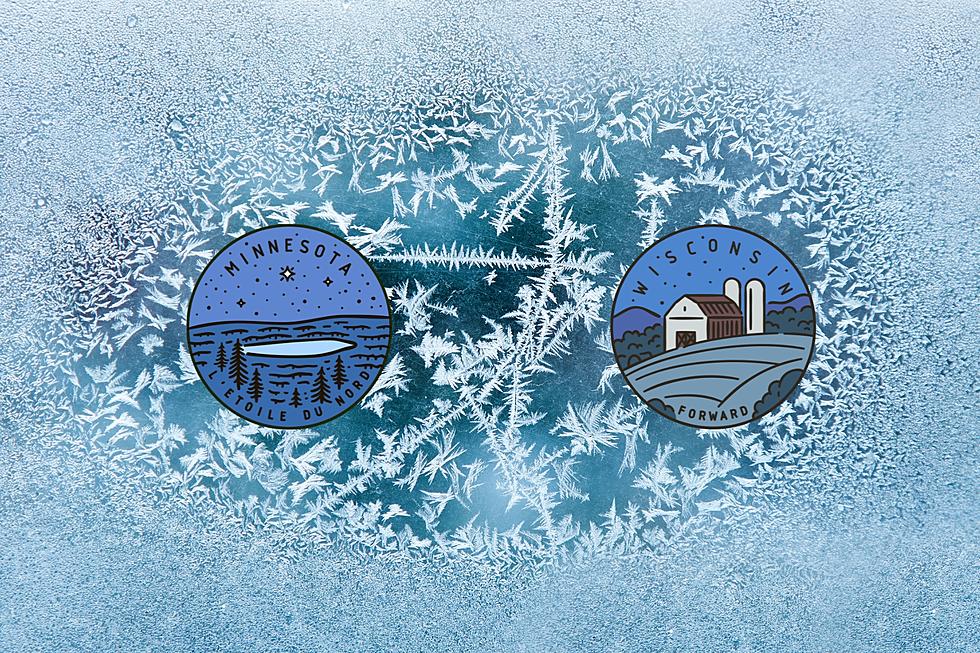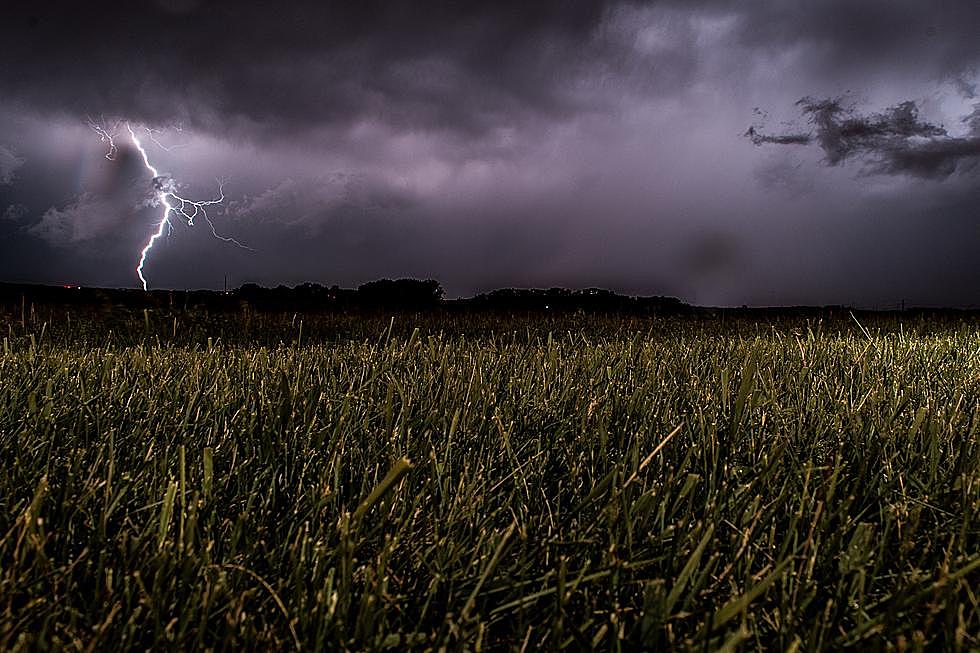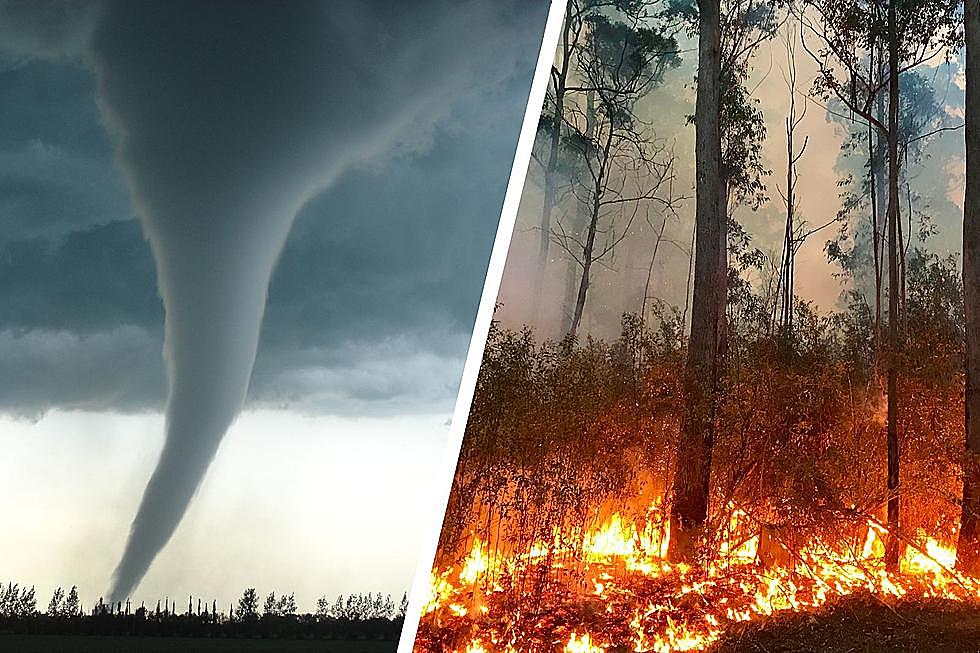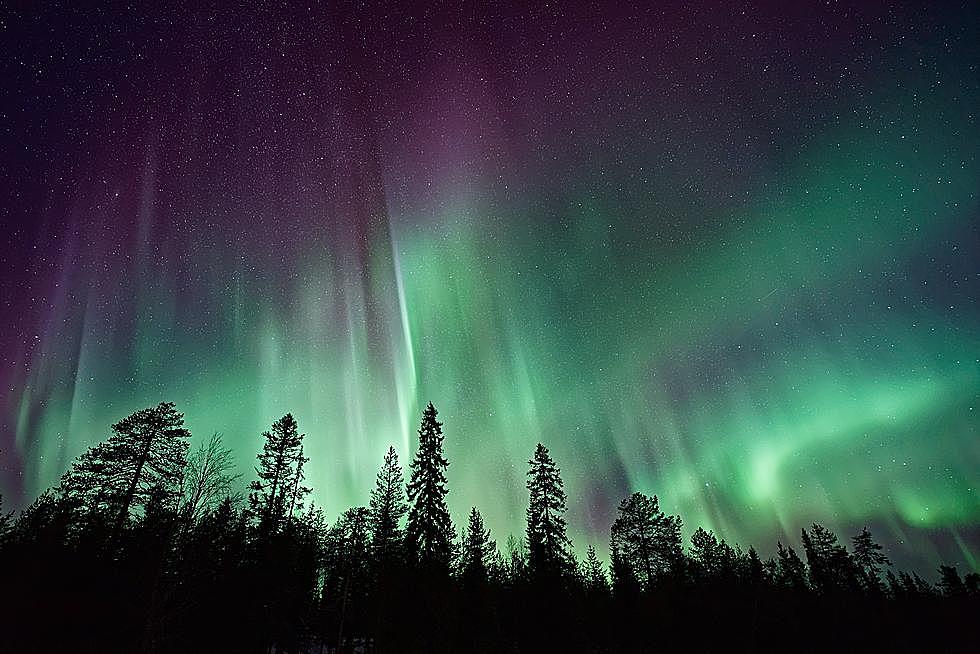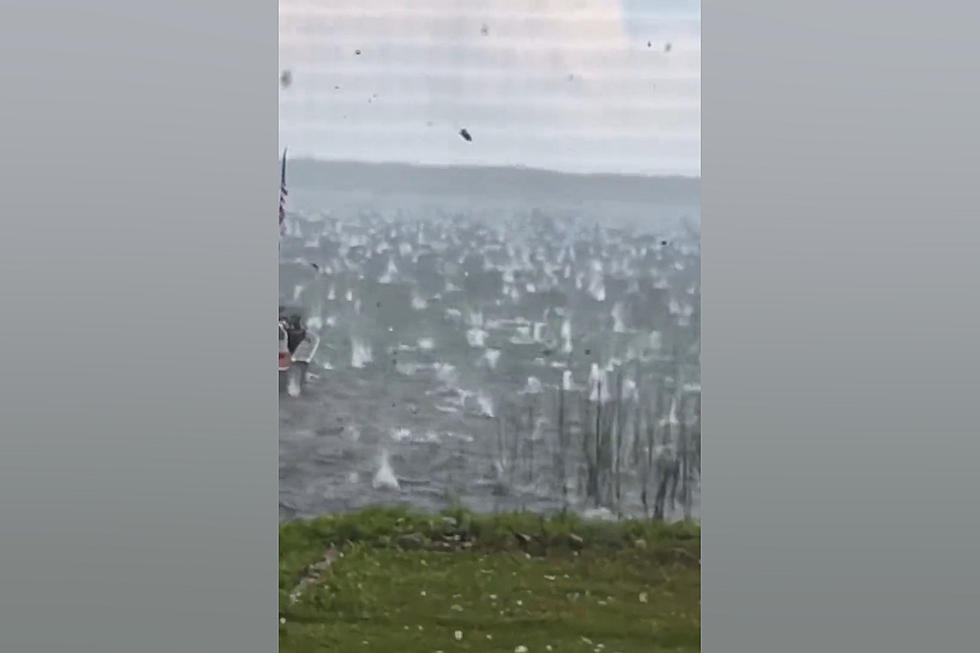
Watch Massive Baseball-Size Hail Slam a Minnesota Lake
Much of Minnesota hasn't seen much severe weather so far this year, but that wasn't the case for one lake which saw hail the size of baseballs fall Wednesday.
Mother Nature was not in a very good mood Wednesday across parts of northern Minnesota. So much so that she decided a little hail would be a good thing to include along with heavy rains and strong winds that pummeled parts of the Land of 10,000 Lakes and northwestern Wisconsin, as well.
And this wasn't just your average-size hail, mind you. Usually, if it does hail here in the North Star State, it's hail that's pea-size or marble-size, right? Sometimes hail is bigger, like quarter-size or larger; see the National Weather Service Hail Comparison Chart below for all the official sizes.
But the folks on Jessie Lake in Itasca County (which is located northwest of Grand Rapids, a little over 3-and-a-half hours north of the Twin Cities) saw hail falling that was the size of baseballs on Wednesday!
Dan Wolfe of KBJR-TV in Duluth posted the video on his Twitter page Wednesday showing the amazing footage, courtesy of Lori Neal and noted that the massive hail caused windows to break and also dented her car.
KARE-11 noted that Xcel Energy in Minnesota reported power outages affecting more than 40,000 people at around 9:30 p.m. on Wednesday, and said that the National Weather Service had issued a Severe Thunderstorm Warning for many counties in the Twin Cities metro area.
Hail that big is bound to cause some serious damage. Check out the incredible video below and keep scrolling to check out the official National Weather Service Hail Comparison Chart-- as well as some of the costliest weather disasters that have happened recently.
LOOK: The most expensive weather and climate disasters in recent decades
More From Ultimate Weather

